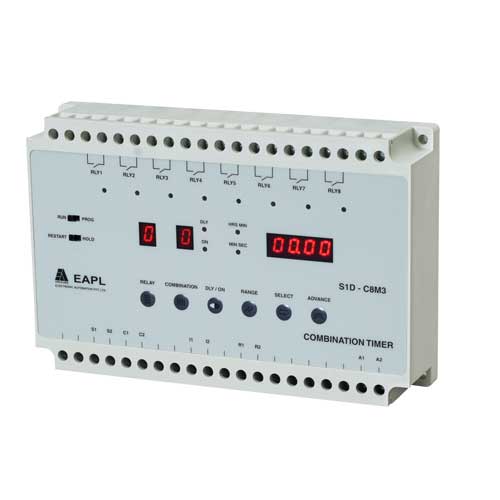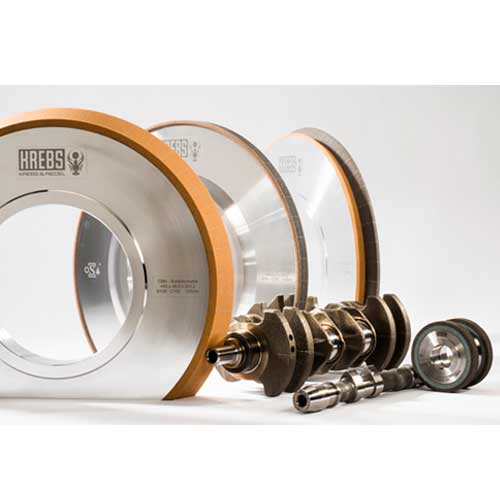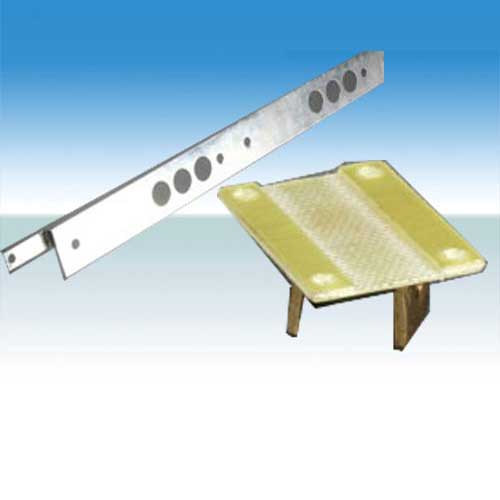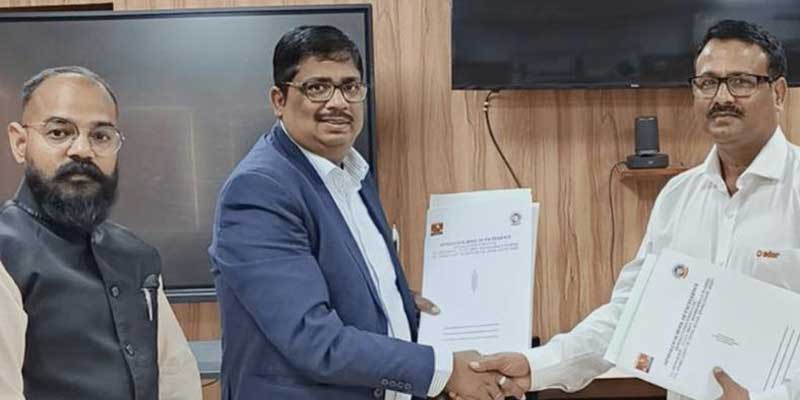Schedule a Call Back
MSMEs - a Paradigm for the Future?
 Technical Articles
Technical Articles- Sep 06,12
With the phenomenal success of the Government's loan finance scheme for MSMEs in the past, there is now a perception that these engines of economic growth should be further encouraged to acquire a more dominant role in the economy.
However, loan finance is a thing of the past. It is no longer a safe bet because in the current recessionary scenario, the stakes are higher. More than 90 per cent of MSMEs are proprietary/partnership enterprises under the old dispensation had a reactionary outlook and obsolete methods of production and management.
This mindset is characterised by negativity, pessimism, parochialism and an absolute aversion to risk-taking. Indeed these proprietary/partnership enterprises would rather retreat into more smallness and more rigidity if they were buffeted by more shocks as in the present recessionary and stagnant economy because there really is no cushion to shield them when things go wrong and profits are not forthcoming.
MSMEs were a safe bet in the past as asserted by Ms Nupur Mehta, Chairperson of Dena Bank, but now they are no longer so because the stakes and opportunities are different. With the new schemes announced by the Government, a slew of tempting offers is being made to MSMEs if they would just take the trouble to study them.
This means that MSMEs need to be educated in order to discover the sense and reasoning behind the Government's bid to increase the stake of these enterprises in the economy. As usual, opportunities for this sector lie with the Government and the latter has not disappointed them either. The new schemes are bold, intelligent and innovative and literally constitute a silver platter being offered to the proprietary/partnerships that have really emerged from Mom & Pop store mindsets to confront a shockingly different and globalised economy.
In this year's budget, the Government announced these schemes through a proposal to set up a Rs 5,000 crore India Venture Opportunities Fund to make funds available to MSMEs through the venture capital and equity route. Part of this fund could be treated as Fund of Funds to be administered by SIDBI and made accessible to select enterprises. Moreover, 200 fund managers who are spread across the corporate sector and have access to high-end clients globally would be recruited for managing this fund. With this Fund, it is felt, that the Government has at last recognised the role that private equity investors, both domestic and foreign, and venture capitalists (VCs) could play in the economy, especially now that traditional methods of financing and raising loan capital for MSMEs are outdated and do not work in the new economy created by globalisation.
The new schemes envisaged are aimed at tackling the four bugbear confronting traditional proprietary/partnership enterprises:
a. How to think big and ramp up enterprises?
b. How to lessen risk for traditional enterprises?
c. How to modernise traditional enterprises?
d. How to avoid payment defaults and help MSMEs embark on new ventures?
The equity route of raising finance did not work in the past because of several factors:
a. Small ticket size - Typically, equity shares issued earlier were in small denominations
b. Transaction cost - It took a very long time to receive returns on equity investments
c. Difficulties were experienced by promoters in understanding equity-related complexities
d. Valuation of equity - It was difficult to assign value to equity as it is dependent on market forces
e. Exit difficulty - Investors were not able to sell their shares so readily at a good price and therefore it was difficult to exit the market, and
f. Lack of preparedness and willingness among proprietary/partnership enterprises to cede or dilute control.
Traditional businesses under the old dispensation also did not and do not want to borrow money to invest in marketing, brand building, creating distribution networks, technical knowhow, software purchases, investments in energy efficiency and quality improvements in equipment, R&D, etc., as these investments are largely non-asset creating (i.e., intangible assets) and do not provide any tangible security to the traditional proprietors/partners.
Subordinate Debt (SD) and Optionally Convertible Subordinate Debt (OCSD) are two of the chief ways of raising finance under the new scheme being offered to investors. SD refers to the sale of debentures that are treated as quasi-equity by SIDBI because they can be easily converted into equity thereby spreading the risk to the investors that buy these shares. Neither proprietor nor promoter will stand to lose any money.
Subordinate Debt is a favourite among MSMEs globally because it avoids the complexities of equity investment, involves simpler documentation and is quicker to deliver and hence proves less costly in the long run. Under the Government's scheme SD will carry a personal repayment guarantee by the promoters.
In Subordinate Debt, there is no asset cover or collateral security required for funds raised through this route and the longer repayment period (since debentures have fixed maturity dates that result in a longer moratorium on debt repayments) ensures greater chances of success.
Those who avail of Optionally Convertible Subordinate Debt (OCSD) can convert their debentures or debt into equity shares through the buyback route or if they so choose through the market to avail of potentially higher returns.
To reach out to more investors, SIDBI will use the services of Non-Banking Financial Companies (NBFCs) and Venture Capitalists (VCs) as partners. Arrangements will be made with select NBFCs for providing growth capital to MSMEs to meet the latter's requirements.
Some Benefits
a. If traditional enterprises avail of the new schemes as announced by the Government, there will be a gradual dilution of control in traditional proprietary enterprises leading to a greater stake in wealth creation by both domestic and foreign investors. b. Increased accountability and transparency - There will be a hardnosed look at receipts and expenditures thereby resulting in less waste and irresponsibility. There will be more openness in enterprise operations and disclosure of accounts. c. The new Fund will serve the larger purpose of creating wealth for domestic investors and announcing to the world that India is ready to do business with any country. d. Larger scale and size of new MSMEs will result in more output and economies of scale. e. There will be some potential for diversification of products and services. f. More employment for the economy and more revenue for the Government will be generated. g. Upgrading of skills will occur throughout enterprises if foreign investors participate in the equity and debt offer. h. Greater innovation through R &D that will have spin-offs in other sectors of the economy. i. The scheme will earn foreign exchange if the Government's initiative with other countries such as Egypt comes through successfully.
A Caveat
Venture capitalists (VCs) don't look for profits of 5 or 10 per cent; they typically require outstanding gains of 300 or 400 percent on their investments in order to take the bait of investing in a poor country such as India. If Indian equity is purchased by foreign venture capitalists, they may push and pressurize corporate managers to make bigger and bigger profits. This may result in inflation as managers try to hike prices of goods and services sold in the market.
MSMEs - Some Larger Issues
Given the manner in which the tag MSMEs is being bandied about, should we just consider it just another fashionable phrase to be uttered at cocktail parties by industry dilettantes or should we take it seriously as the need of the day?
A moot question: How far are MSMEs a valid path to economic and industrial development? Has the Government thought out its philosophy behind the encouragement given to MSMEs or is it just continuing with a policy that has served it well in the past and is expected to do so in the future also? Is this assumption correct?
More importantly, has the Government given a serious thought to how much industrial development it is prepared to support given the liquidity and capital glut in the market? Can the market absorb the goods and services that will be created by MSMEs operating under the aegis of the India Venture Opportunities Fund? Simply put, is there any real need for the goods and services that are expected to be produced by the MSMEs? Is there genuine demand that will serve the national purpose?
MSMEs are the ideal enterprise structures for supplying goods and services given the dangers posed by big business and big MNCs such as Walmart and Kentucky Fried Chicken that are now knocking on India's doors for entry into the market. Maybe MSMEs will serve to check the power and muscle of MNCs with their plans for building mammoth enterprises that will have a continental scale as regards production and distribution of goods and services.
Even these MSMEs need to be organised into a federation to protect its members from the monopolies and cartels that are expected to surface in the economy as globalisation bites deeper and deeper. Moreover, the Government needs to outline a broad purpose and philosophy behind its support for the MSMEs given the confusion and uncertainty prevailing in the market and among broad segments of the larger public.
The author is an Honors graduate in Interdisciplinary Studies in the Humanities from the University of Chicago and has studied Economic & Social Development at the University of Pittsburgh. He can be reached at wadhwa.kamal@ymail.com
Related Products

Combination Timers
Electronic Automation Pvt Ltd offers a wide range of combination timers.

Cbn and Diamond Tools
Krebs & Riedel Abrasives India Pvt Ltd offers a wide
range of CBN and diamond tools.

Connectors
G R Enterprises offers a wide range of connectors.














